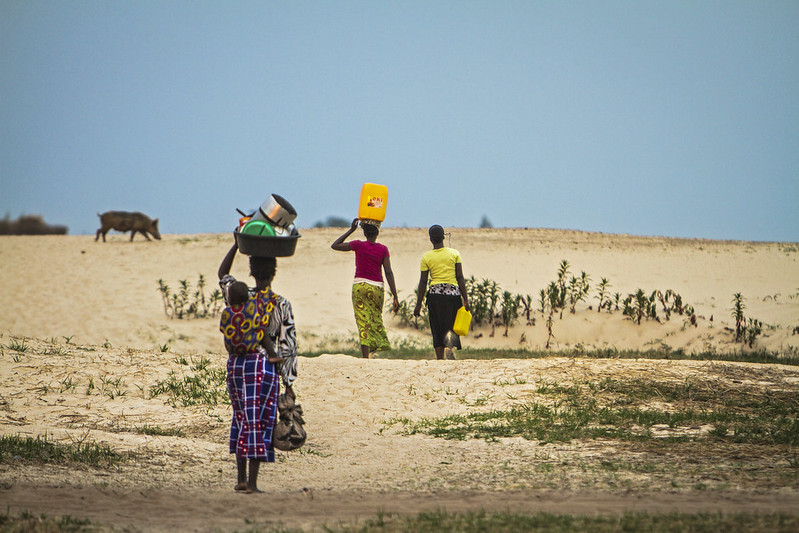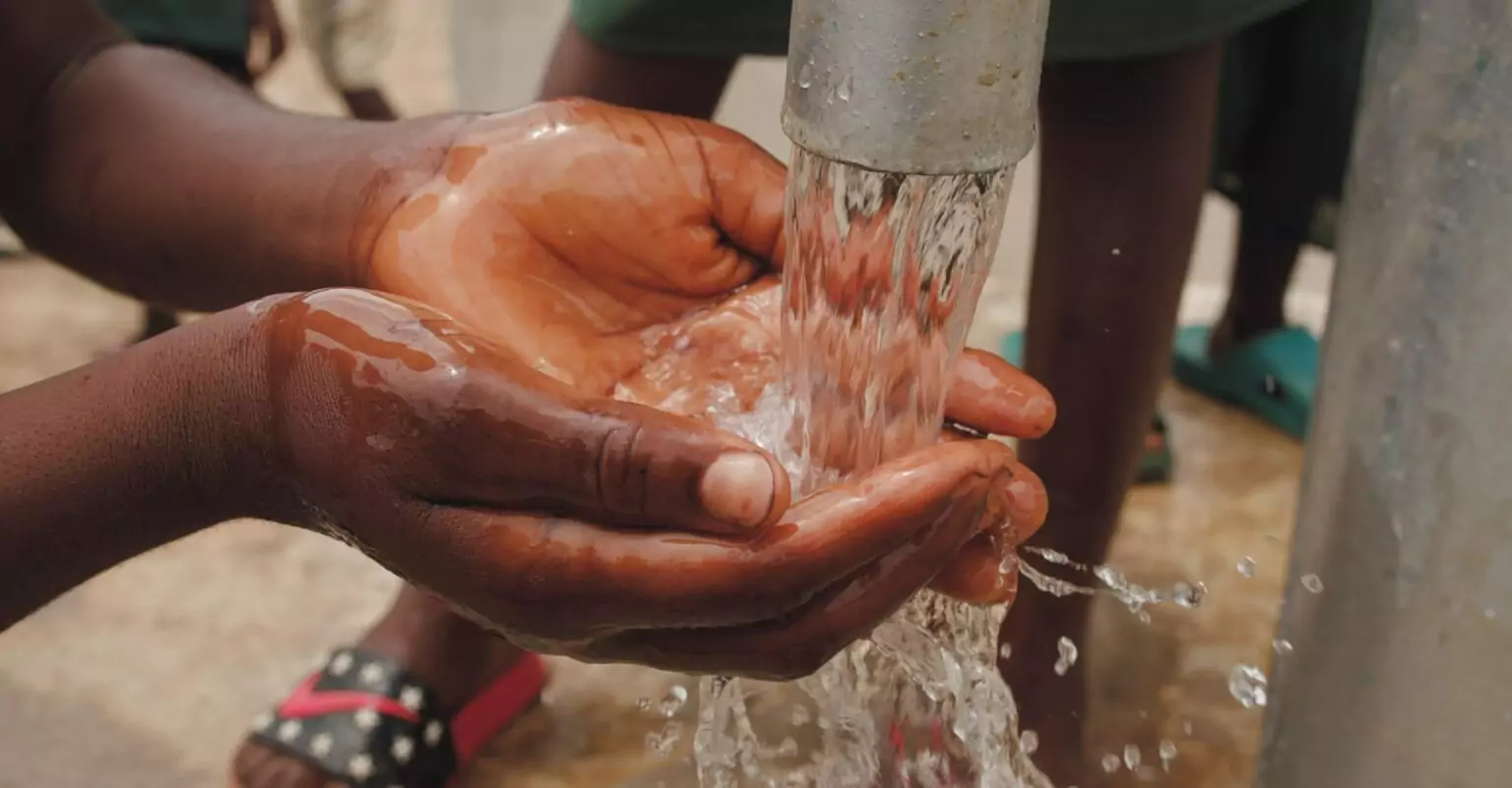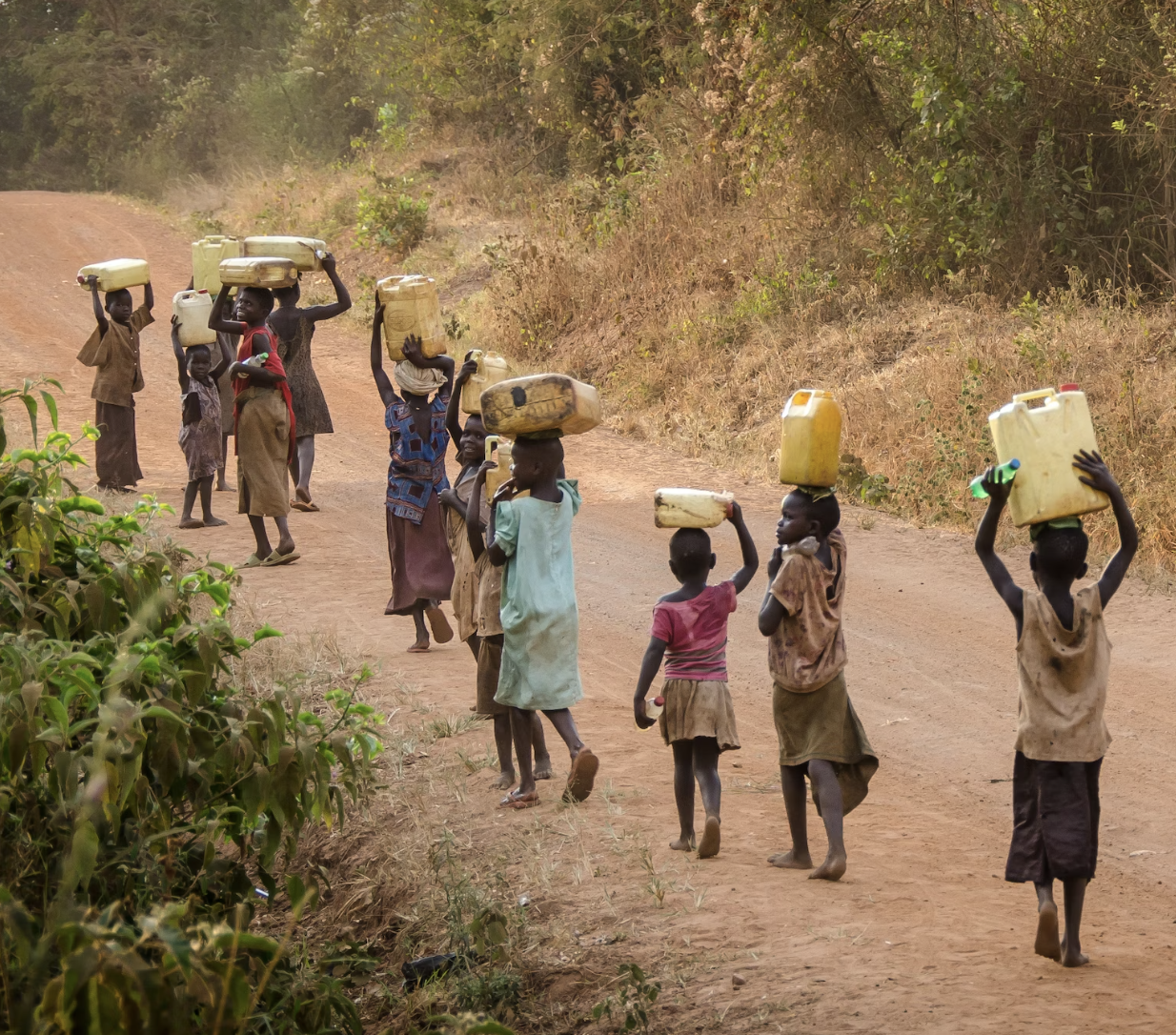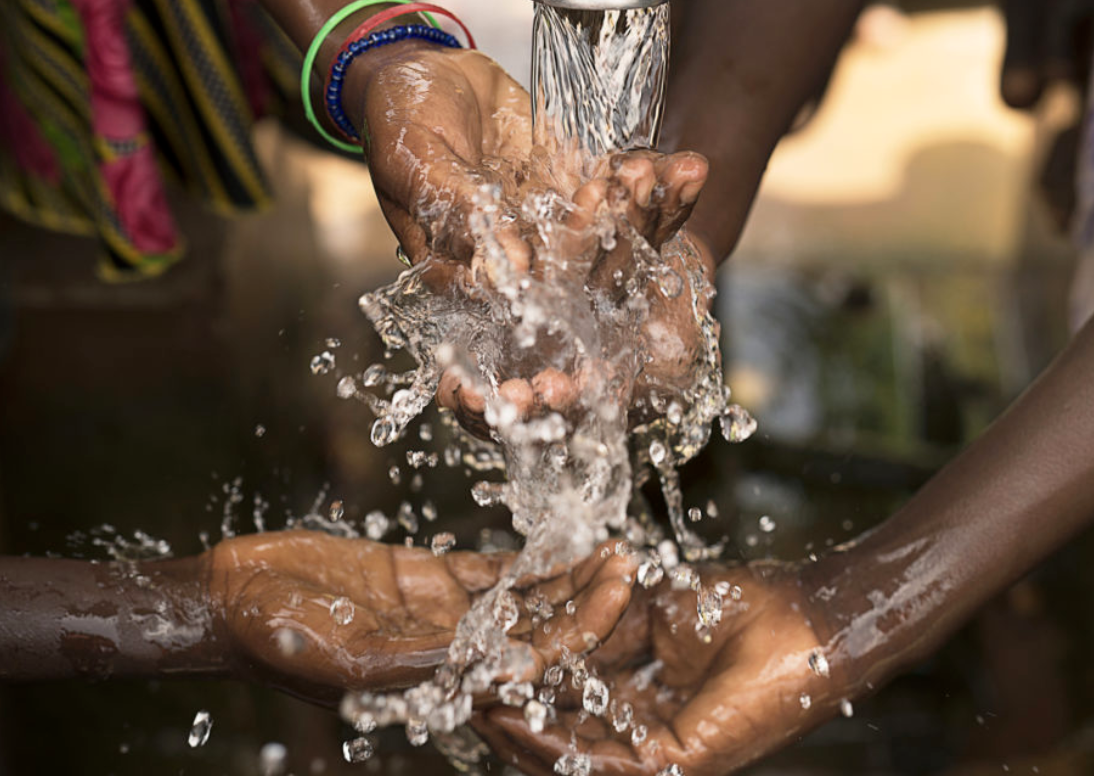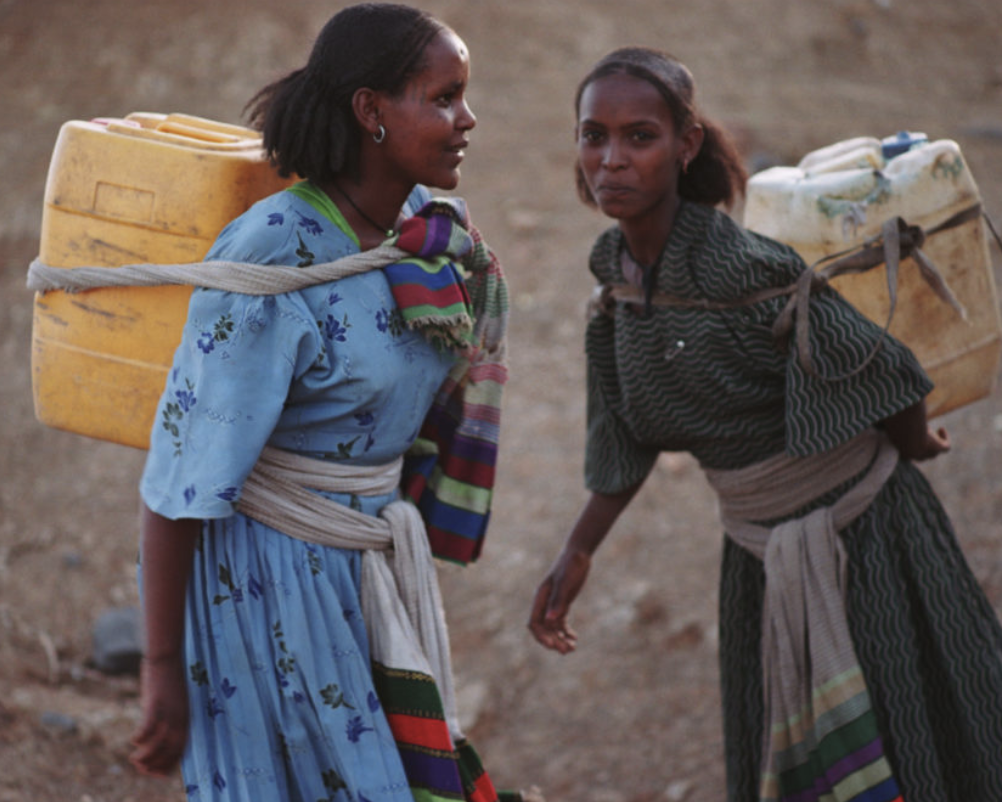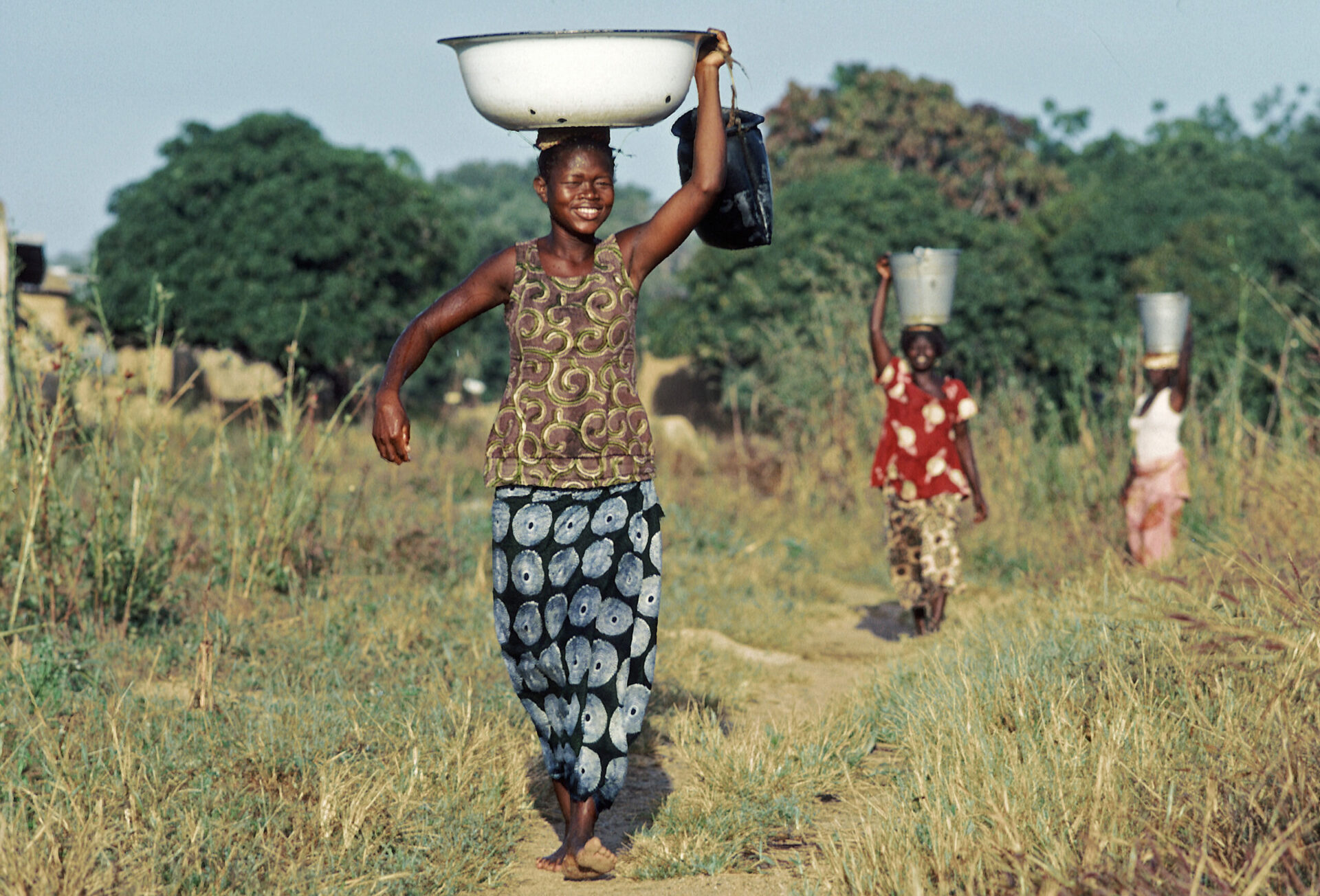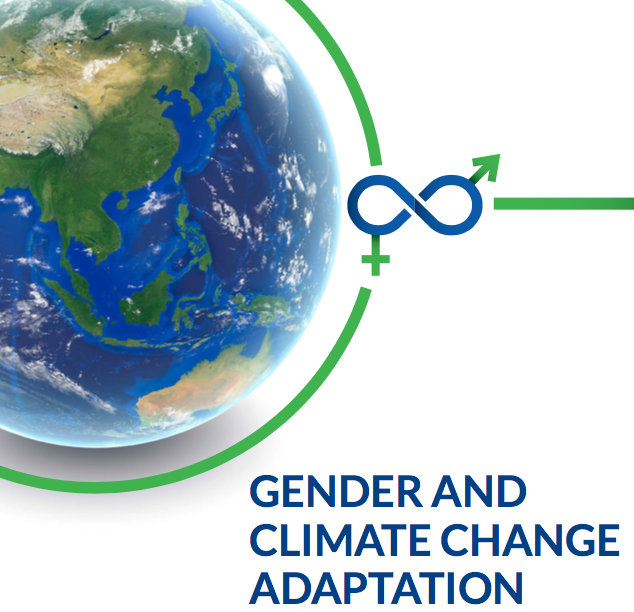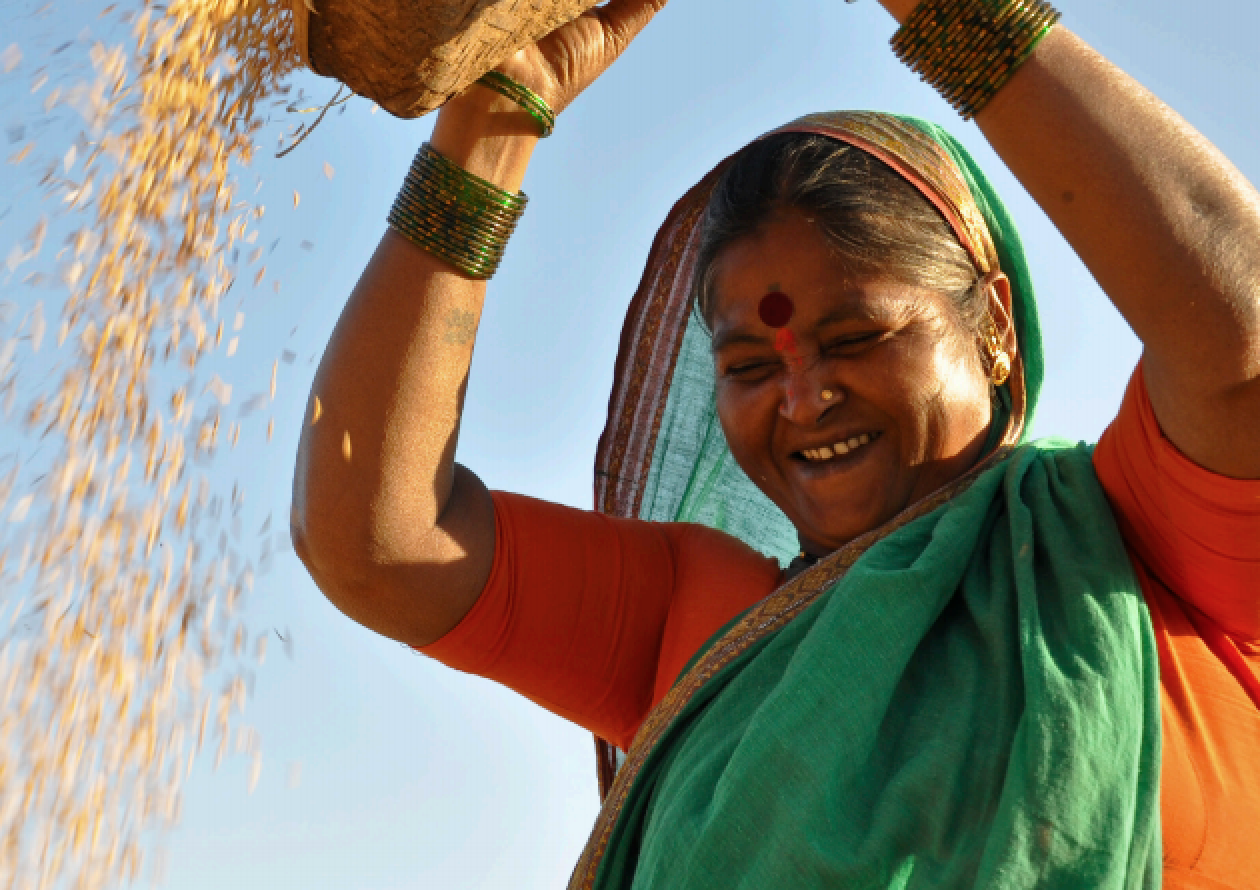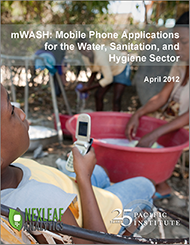WASH
Engaging with the politics of climate resilience towards clean water and sanitation for all
In this journal article, world-leading water specialists from academic and practitioner communities propose a roadmap to meaningfully engage with the complex politics of climate resilient water security.
Stories of Resilience: Lessons from Local Adaptation Practice
Discover stories of resilience, based on the sessions of the 2022 Gobeshona Conference on Locally Led Adaptation, and explore the difference between local action and locally led action, as well as effective ways of supporting local leadership in this report.
WASH Flows Tool
Explore this analytical tool aiming to combine both watershed management and water, sanitation and hygiene goals into a single planning process, encompassing all water supply sources.
Empowerment in WASH Index Tool
Learn about EWI: a pragmatic survey-based tool made to measure, monitor and carry out diagnostics of water, sanitation, and hygiene-related interventions, allowing for inclusive and equitable outcomes.
Gender in water and sanitation – empowerment by numbers
An Empowerment in WASH Index aims to identify imbalances in decision-making power between men and women of different ethnic and socio-economic groups in Burkina Faso.
Gender and Climate Change Adaptation: A flexible training package
This training package is a standalone capacity building program targeted at government officials and practitioners, focusing on integrating gender into climate change adaptation practices.
An Online Sourcebook: Integrating Gender in Climate Change Adaptation Proposals
This online sourcebook aims to help ensure that gender considerations and women’s empowerment are incorporated into large-scale climate change adaptation projects.
mWASH: Mobile Phone Applications for the Water, Sanitation, and Hygiene Sector
In studying the deployments of mobile phone for WASH, or mWASH, applications, this paper seeks to identify best practices and help inform future mWASH implementation.
